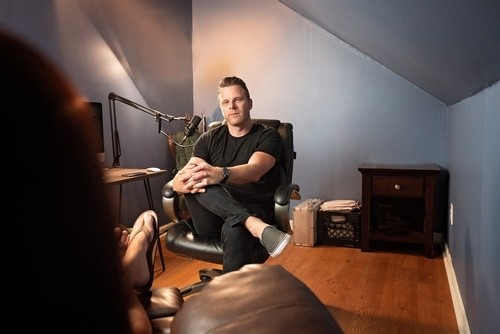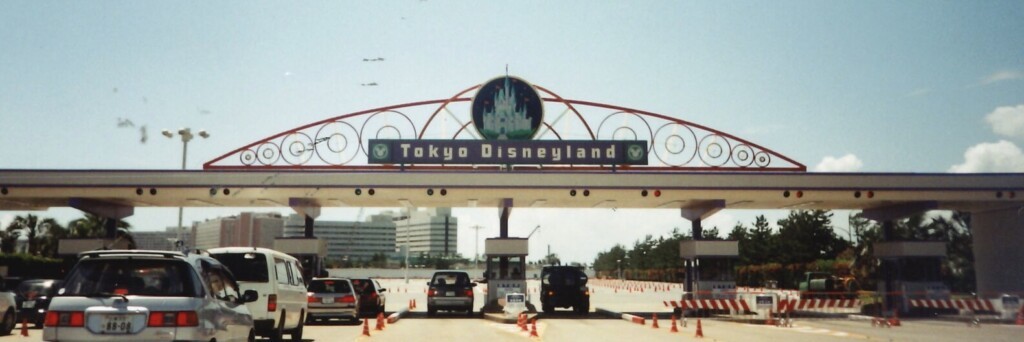
Life change can come on with a bang, or it can move in sneakily, its subtle cues taking you by surprise over and over again until the process is complete. On the surface, the following story is a trite analogy. But bear with me – I believe there are nuggets of wisdom that we can apply to unexpected changes in our greater life journeys.
—
The cells of my 21-year-old body hum with excitement as we begin down Main Street U.S.A. The storefronts with their vibrant colors and yesteryear cheer, the greenery oh-so-perfectly coiffed, the pavement at our feet spit-shine clean, almost glowing, in the anticipation of a new day of fun in make-believe paradise.
The sweet, yeasty aroma of churros and waffle cones drifts in the air as I catch my first glimpse of Sleeping Beauty’s castle …. Wait … what?!? My brain freezes, there’s a glitch in the system. Something’s off. I can’t make sense of it …. But yes, something’s different, and the world around me begins to tilt….
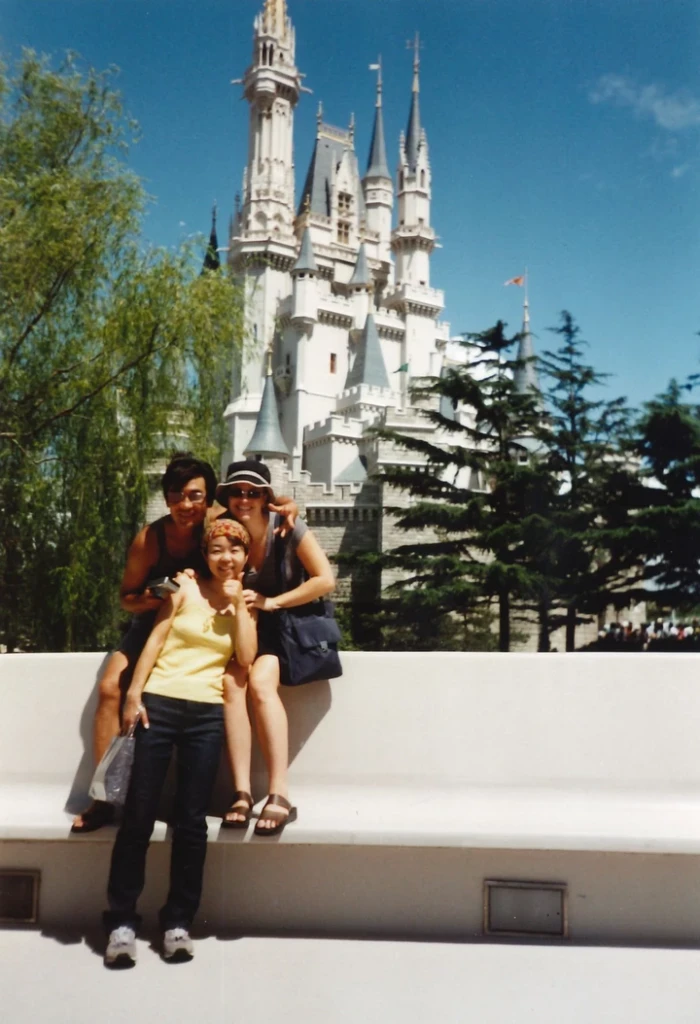
There’s the castle. The beloved, familiar castle where, when I was a kid, my parents would tell us to meet them if we ever got separated. On every visit to California’s Disneyland, this was our beacon. But there’s something different, dare I say there’s something wrong, with my beacon, and I can’t make sense of it……
I shake my head a bit. It’s nothing. Let’s go have fun. We continue on to the right, Tomorrowland in our sights. Oh yeah, Star Tours here we come — always my first stop. As we join the line, I look over my shoulder to watch the rockets turn in their endless orbit …. But they aren’t there.
I was 21, living in Japan for the summer with my college roommate Makoto and her family. It had been an incredible summer so far, exploring my friend’s home town, being “adopted” by my Japanese Ottosan and Okkasan (dad and mom) — I’m not sure if my young mind grasped how very privileged I was to have this experience.
The visit to a country so foreign to me was not without its challenges. I was learning totally new customs — how to eat properly, how to dress properly, how to navigate when I was out and about, even how to bathe and how to use a toilet that was smarter than me. Not just the mechanics of it all, but the etiquette as well. My brain was inundated with so much new information, so much adaptation — language and culture fatigue were ever-present companions. (I’m embarrassed to say, my heart did a happy dance every time we saw a McDonalds, a familiar staple of the good ole U.S.A.!)



That’s why I was so looking forward to this visit to Tokyo Disneyland. I grew up in Southern California, and Disneyland was a familiar haunt at least once a year. I couldn’t wait to surround myself with the magic of familiarity for a whole day!
But when Sleeping Beauty’s castle turned out to be Cinderella’s castle, yet another tricky adjustment had to be made in my head. Oh it was sneaky, this adjustment. Not quite as glaring and obvious a change as using chopsticks instead of cutlery, but subtle, and in its subtlety it further wearied my tired brain.
My friends could see that I was puzzled, but they had no idea how to guide me. They couldn’t see through my eyes. Their experience was different from mine. Not to mention, they spoke a different language. My journey today was not going to be their journey today. I felt alone.
So I picked up my tired brain, somewhat disappointed in its expectations, and took a moment to recalibrate. While I craved familiarity, my “normalcy,” could I (like in all the life challenges that continue to roll in on us) rise to the adventure of the unfamiliar, yet again? I acknowledged that along with all the familiar joys and comfort zones I’d find in the park that day, my brain would need to continue to adjust to unexpected changes in the facade. It’s a little thing, but it’s strange how much the subtlety of it shook me.
Adaptability is hard.
Expecting a life without big changes and adjustments is akin to expecting a fairy tale paradise, like Disneyland.
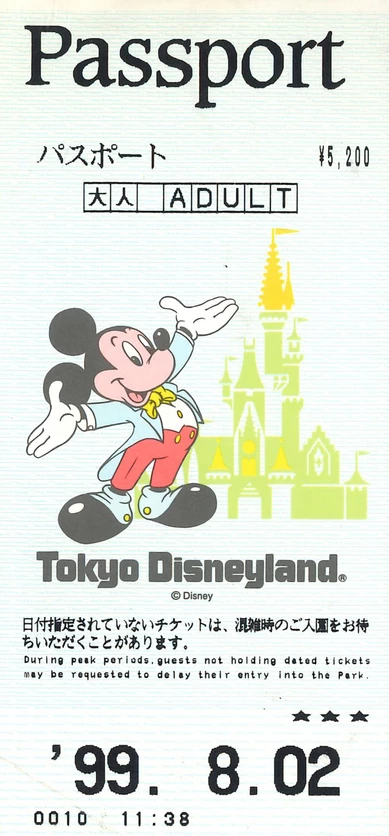
Fast-forward from my experience at Tokyo Disneyland to big life changes that faced me and my family in the midst of a worldwide pandemic: I found that the Disney facade of our comfort zones were shifting, both subtly and starkly. It felt like a foreign land, without the fun. Can you relate?
Whatever life change is facing you now, there are both subtle and stark shifts in your reality. You woke up looking forward to California Disneyland’s Frontierland and New Orleans Square, but found them replaced with Tokyo Disneyland’s Westernland and World Bazaar.
Ha! Bizarre. It’s a good word for the COVID era, and it’s a good word for the experience of any unexpected life changes.
So how do we get through it all?
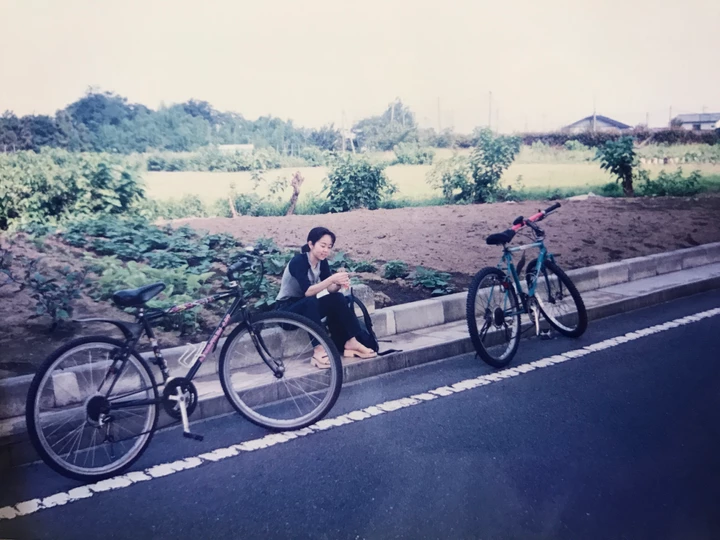
The human mind is capable of great adaptations. There’s a Japanese concept called “ma” which may be helpful to the entire human race. “Ma” directly translates to “pause”…. But the concept is richer than that. “Ma” is the intentional creation of white space in the human brain and spirit. It’s a time to hit the pause button, so to speak, on sensory overload, intellectual overload, so that you have a quiet space in which to make sense of it all. In the “ma”, sense is made of your day. Meaning is discovered.
When Mako and I were overwhelmed during that summer of ’99 — she with translating everything for me, and me with, well, everything — we’d go for a quiet bike ride through the rice paddies. No need for talking; just the wind in our ears and the rhythm of our feet pumping the pedals — that mindless rhythm acting almost as a metronome, calming our chaotic, wearied minds.
Let’s look at it this way: “Ma” is like a pause in music. Pauses in music are critical for two reasons:
1. Without the pauses, the musician cannot last long.
2. Without the pauses, the listener can miss out on the music.
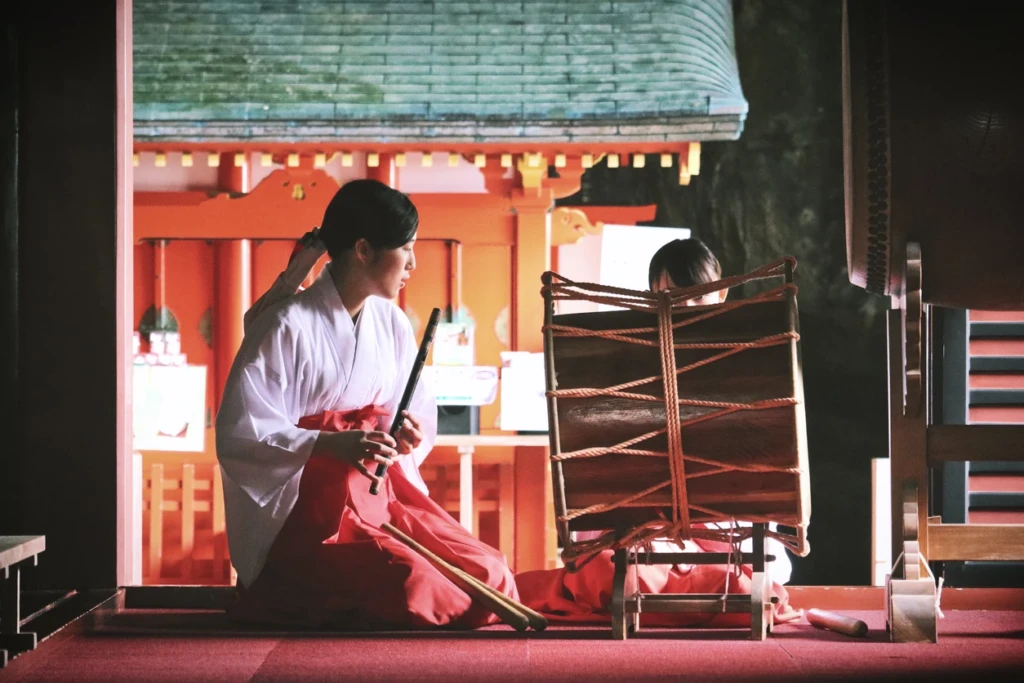
Imagine a composer carefully planning out the pauses, while musicians train their voices, their fingers, their arms, to pace through until the pause. It’s the secret to their endurance. Additionally in the pause, the listener is not only able to absorb the experience of the musical composition that preceded it, but prepare him or herself for the change in feel, in tempo, in mood, that is coming in the next notes. The human ear needs that pause between shifts, so that it can fully take in the next part of the musical journey.
In the turmoil of life change, it’s not only okay, but VITAL, to take a pause. Step back, breath deeply, and make sense of the new music, however nonsensical it may seem.
In your mental fatigue, learn from my Japanese travel fatigue. Whatever your “ma” looks like, the intention is clear: release your brain from the worry and all the thinking for one day, for just a few hours, or even for 10 minutes between projects or activities. Take that time to delight in something simple. A cup of tea. A meditation in the garden. A snuggle with your little ones.
Take your “ma”, friend. And perhaps, oh just perhaps! — your inner composer can find the rhythm of its music, now taking the lead, turning that hodgepodge of notes into a beautiful symphony for you and your family.
Are you going through a big life change? Divorce, break-ups, career change, becoming a parent, etc … all life changes require a fundamental mental shift, a reset. Consider joining one of our Reset Your Narrative retreats. You will be empowered to make the shift well, creating new habits to navigate this new phase of your life.

